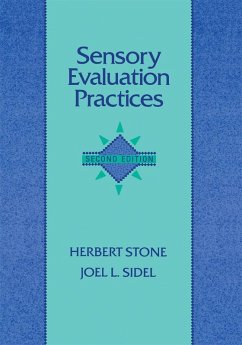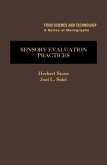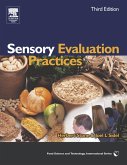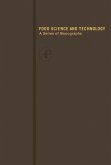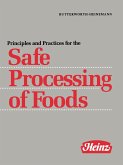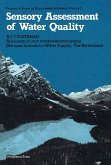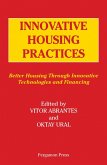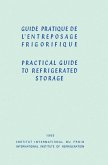- Reveals changes in the field, particularly in the business view of sensory evaluation as a product information source
- Clarifies the relationships between product specialists/experts and sensory panels, between sensory and market research , and between study of perception and sensory evaluation of products
- Includes discussion of test requests and their "hidden agenda" product selection, and the relative merits of testing products from different (laboratory, pilot plant, production) sources
- Introduces two new methods of quantitative descriptive analysis and an investigation of the merits of product specific versus global panels
- Discusses affective testing and the advantages of various methods including testing with children, the interaction between sensory and market research, the use of employees versus non-employees, and the effect of the number of judgments on product decisions
Dieser Download kann aus rechtlichen Gründen nur mit Rechnungsadresse in A, B, BG, CY, CZ, D, DK, EW, E, FIN, F, GR, HR, H, IRL, I, LT, L, LR, M, NL, PL, P, R, S, SLO, SK ausgeliefert werden.

